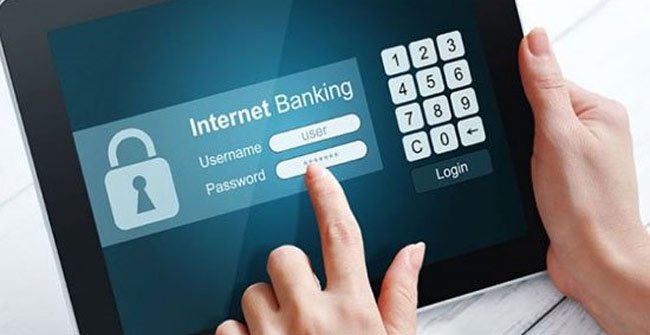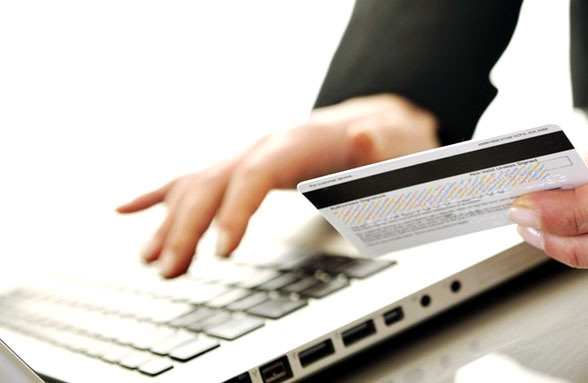Banks warn of fraudulent ways through electronic banking transactions
Recently, two joint stock commercial banks, MaritimeBank and VietBank, have warned their customers about fraudulent transactions via electronic banking channels.
According to Maritime Bank, in some banks, there have been some cases of recent transactions of e-banking in different forms such as:
- Forging a bank or business partner to call, text, email the customer asking for the login information and OTP code to receive a transfer into the account or receive a promotion or prize .
- Send fake notice that the e-Banking account of the customer is about to expire or be illegally compromised and ask customers to provide personal information to confirm via malicious link.
- Spoofing relatives sending messages via social networks informing them of money transferred from abroad to receive money and asking for personal information to receive money.
- Create an application screen, a login screen that has an interface similar to a bank's real website to impersonate an email containing a fake link to a customer in order to trick them into logging in to gain security information using the service. .
- The fake call agency announced that the customer was involved in a serious violation and asked the customer to provide login information for the investigation.

VietBank also issued a warning about the risk of frauds through electronic banking transactions to customers. In addition to similar forms of fraud as Maritime Bank, VietBank also offers some other forms of fraud. For example, bad guys often get acquainted and ask customers to open accounts, register e-banking services. Then resell them at high prices for use in fraud, cash withdrawal overseas or money transfer. Or bad guys can also suggest users to download malicious applications to steal username, login password, OTP code.
How to prevent risks when implementing e-banking services
MaritimeBank and VietBank also give some notes to customers to avoid risks and protect information assets when using e-banking services as follows:
- Absolutely not provide any service security information to anyone and in any way, including login name, access password, OTP transaction authentication code, email address and information. personal.
- Protect personal devices to use the service, not automatically save the login information of electronic banking services. Log out of the system after each visit.
- Regularly change the password to login personal email, password to access e-banking service.
- Absolutely not in the name of another person to open an account, open a card and register e-banking service.
- Only log in on the bank's official website.
- Complying with and regularly updating regulations on Safe Transaction Guidelines of MaritimeBank and VietBank.
- When receiving strange calls for recharge / money transfers or requesting personal information, customers need to calm down, understand and authenticate the information and not follow.

If the question is related to fraud through transactions, customers should immediately report to the authorities, and at the same time notify the bank to coordinate with the settlement, VietBank by phone number 1800 1122 and MaritimeBank is 1800 599 999 or (024) 39 44 55 66.
See more:
- The Ministry of Public Security warned users to warn of bank account theft when withdrawing money at ATMs
- How is the world's largest bank secure?
- 5 ways to recognize counterfeit money instructed by the state bank, everyone needs to know to not be cheated